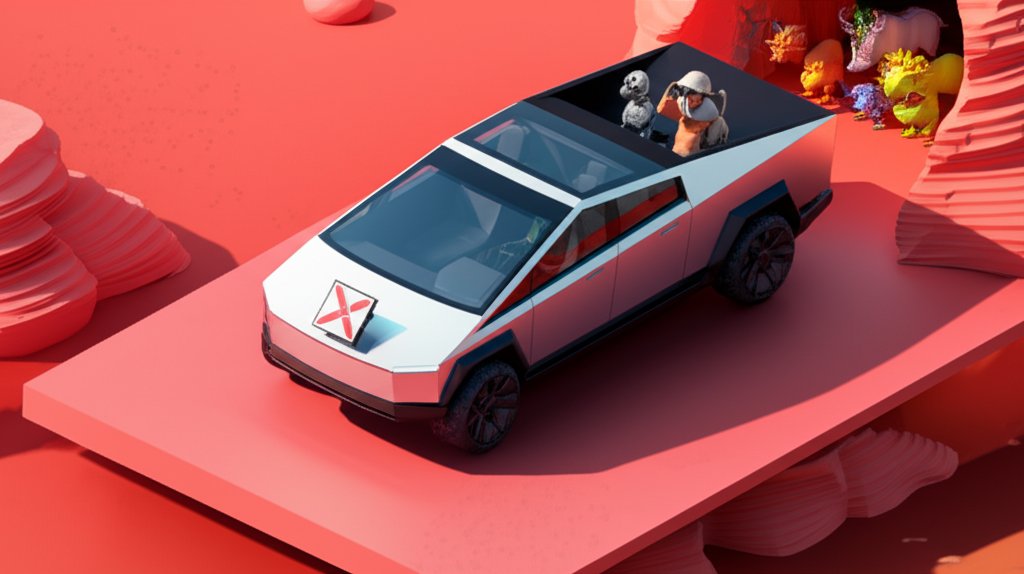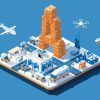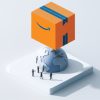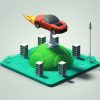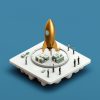Elon Musk. The name evokes images of rockets, electric cars, and…well, maybe a few tweets. But beyond the headlines, who is the person behind the persona? This elon musk biography dives deep into the life of the South African-born entrepreneur, from his early days as a coding whiz to his current status as one of the world’s wealthiest and most controversial figures.
At a glance:
- Elon Musk is the founder, co-founder, or CEO of SpaceX, Tesla, Neuralink, xAI, The Boring Company, and formerly, Twitter(X).
- He made his initial fortune through Zip2 and PayPal, which he then reinvested in his ambitious projects.
- Musk’s ventures range from revolutionizing space travel to developing brain-computer interfaces.
- His leadership style and public statements have often sparked controversy.
- Despite criticisms, he remains a prominent figure in technology and business.
From Pretoria to Silicon Valley: The Early Years
Born in 1971 in Pretoria, South Africa, Musk’s early life provided clues to the innovative spirit that would define his career. His mother, Maye Musk, was a model, and his father, Errol Musk, an engineer. Even as a child, Musk immersed himself in technology, teaching himself computer programming. By age 12, he sold his first video game, Blastar, for $500.
At 17, Musk left South Africa for Canada and later attended Queen’s University. He eventually transferred to the University of Pennsylvania, where he earned degrees in economics and physics in 1997. A brief stint in a Ph.D. program at Stanford University was cut short as the lure of the internet boom proved too strong to resist.
Building an Empire: The Business Ventures
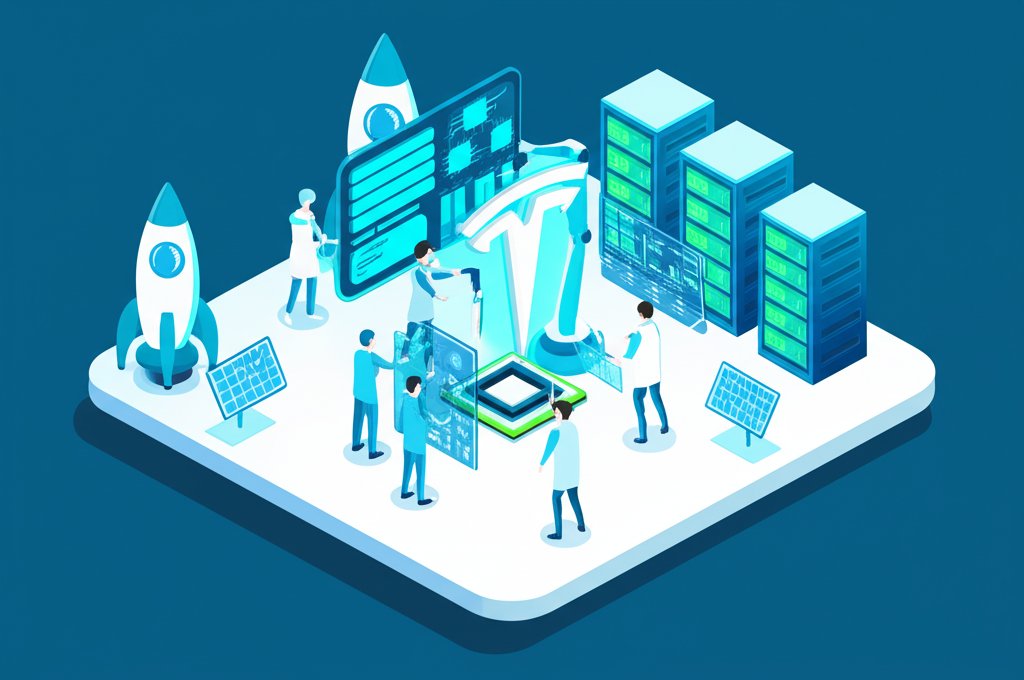
Musk’s business acumen became evident early on. He wasn’t just building businesses; he was building entire industries.
Zip2 and PayPal: The Launchpad
In 1995, Musk and his brother Kimbal co-founded Zip2 Corporation, which provided online city guides for newspapers. This early venture proved successful, as Compaq acquired Zip2 in 1999 for $307 million in cash and $34 million in stock options, netting Musk $22 million. This capital was then reinvested to fuel his next venture.
With his Zip2 windfall, Musk co-founded X.com, an online financial services company, in 1999. X.com later merged with Confinity, the parent company of PayPal. The merged entity was rebranded as PayPal before being acquired by eBay in 2002 for $1.5 billion in stock. Musk’s share was $175.8 million, setting the stage for his more ambitious endeavors.
SpaceX: Reaching for the Stars
In 2002, Musk founded Space Exploration Technologies Corporation (SpaceX) with the audacious goal of enabling commercial space travel. Many considered it a pipe dream, but Musk persevered, facing numerous setbacks and near-failures.
SpaceX’s achievements are undeniable:
- Falcon 9: A reusable orbital-class rocket that significantly reduces the cost of spaceflight.
- Dragon: A spacecraft designed for cargo transport to the International Space Station (ISS). In 2012, SpaceX became the first private company to send a spacecraft to the ISS, marking a pivotal moment in space exploration history.
- Starlink: A satellite network providing broadband internet service to underserved areas globally. As of May 2025, over 7,600 Starlink satellites are operational, comprising a staggering 65% of all operational Earth satellites.
- Starship: A reusable, super heavy-lift launch vehicle currently in development, designed to carry humans and cargo to the Moon, Mars, and beyond.
Some options, depending on the surrounding are still being refined, but the ultimate goal is deep space travel.
Tesla: Driving the Electric Revolution
While SpaceX aims for the stars, Tesla aims to revolutionize transportation on Earth. Though not a founder, Musk joined Tesla Motors in 2004 and became CEO and product architect in 2008 and steered the company toward becoming the dominant force in electric vehicles. The company’s mission is to accelerate the world’s transition to sustainable energy.
Tesla’s line of vehicles includes:
- Roadster (2008): Tesla’s first electric sports car, proving that electric cars could be both high-performance and stylish.
- Models S, 3, X, Y, and Cybertruck: A range of electric vehicles at varying price points, catering to different consumer needs and preferences.
- Gigafactories: Massive lithium-ion battery and electric vehicle factories, designed to increase production capacity and drive down costs.
SolarCity: Powering the Future
Founded by Musk’s cousins, SolarCity was acquired by Tesla in 2016. The acquisition was controversial, with some questioning the financial soundness of the deal and the benefit to Tesla. However, Musk argued that integrating SolarCity with Tesla would create a comprehensive sustainable energy ecosystem. SolarCity focuses on renewable energy solutions, providing solar panels and energy storage systems to homes and businesses.
Neuralink: Bridging the Gap Between Brain and Machine
Neuralink, founded in 2016, is perhaps Musk’s most ambitious and controversial venture. The company is developing implantable brain-computer interfaces (BCIs) with the goal of treating neurological conditions, enhancing human capabilities, and eventually achieving a symbiosis between humans and artificial intelligence. While the technology is still in its early stages, Neuralink has conducted animal trials and is working towards human trials.
The Boring Company: Digging for Solutions
Traffic congestion is a major problem in many cities, and The Boring Company, founded in 2017, aims to solve it by building underground tunnels. The company’s projects include the Las Vegas Convention Center Loop and plans for larger tunnel networks in other cities. While the company has faced challenges and skepticism, it represents Musk’s commitment to tackling real-world problems with innovative engineering solutions.
X (formerly Twitter): A Social Media Transformation
Musk acquired Twitter in 2022 for approximately $44 billion, a move that sent shockwaves through the tech and media worlds. He implemented significant changes, including widespread layoffs, a subscription-based verification service, and a loosening of content moderation policies. However, ownership was shifted to xAI in 2025.
The purchase and subsequent changes have been met with considerable criticism, and it is estimated that the value of X dropped 80% by October 2024.
OpenAI and xAI: The Artificial Intelligence Conundrum
Musk co-founded OpenAI in 2015 as a non-profit AI research company, with the goal of ensuring that artificial intelligence benefits humanity. He later left OpenAI but remains a vocal advocate for responsible AI development.
In 2023, Musk founded xAI, an artificial intelligence company aimed at understanding the true nature of the universe. xAI introduced the Grok model to premium users of X starting in December 2023. In March 2025, xAI acquired X (formerly Twitter) in a $33 billion all-stock deal, consolidating Musk’s control over the social media platform and integrating it with his AI research efforts.
Beyond the Boardroom: Other Pursuits and Ideas
Musk’s ambitions extend beyond his core companies. He has also championed innovative concepts like the Hyperloop, a high-speed transportation system that would transport passengers in pods through low-pressure tubes. While the Hyperloop remains a concept, it exemplifies Musk’s willingness to think outside the box and pursue ambitious engineering challenges. The Musk Foundation focuses on space exploration and renewable energy, funding research and initiatives in these areas.
Controversies and Criticisms: The Price of Disruption
Musk’s career has been marked by controversies and criticisms. His leadership style, public statements, and business practices have often generated debate and scrutiny.
- In 2018, the SEC investigated Musk for tweets about taking Tesla private at $420 per share.
- Forbes Billionaire Ranking can fluctuate as a result of these controversies.
- In 2025, the SEC sued Musk for failing to disclose his large stake in X until 11 days after the report was due.
- His leadership at X (formerly Twitter) has been criticized for its impact on content moderation and hate speech.
- He has faced criticism for his controversial views on COVID-19, immigration, and political issues.
- His role in Donald Trump’s administration and DOGE (Department of Government Efficiency) also drew criticism.
- Allegations of animal cruelty in Neuralink testing have raised ethical concerns.
These controversies underscore the challenges of leading large, innovative companies in the public eye.
Personal Life: Beyond the Headlines
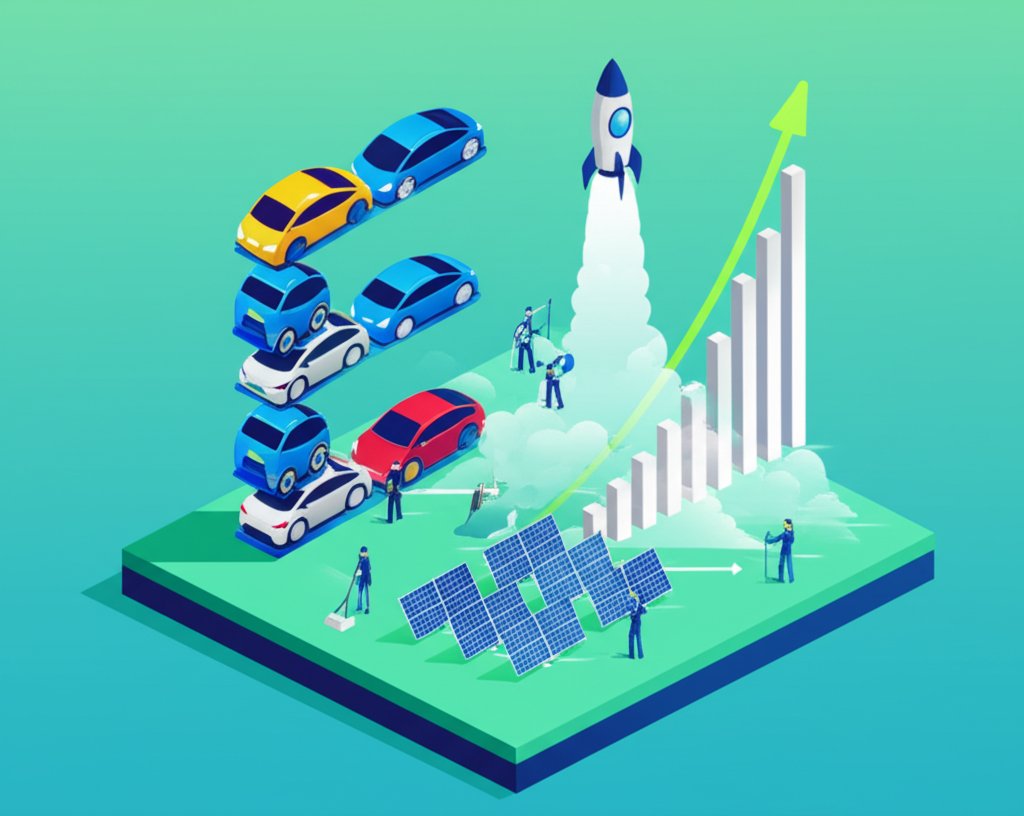
Musk’s personal life has also been subject to public attention. He has at least 12 children from multiple relationships. He has been married three times, twice to Talulah Riley. Musks’ family life is known for being unconventional.
Musk has described himself as a “cultural Christian.” He revealed that he had been diagnosed with Asperger’s Syndrome.
Wealth and Legacy: A Lasting Impact
Musk has consistently ranked as one of the wealthiest people in the world. As of May 2025, his estimated net worth is $424.7 billion, according to Forbes. His wealth stems primarily from his shares and options in Tesla, which have soared in value as the company has become a leader in the electric vehicle market. Elon Musks Net Worth Today can fluctuate, but his continued presence at the top of the list seems assured.
Musk’s legacy is still being written, but his impact on technology, business, and society is undeniable. He has disrupted multiple industries, pushed the boundaries of innovation, and inspired countless people to pursue their own ambitious goals. Whether he’s sending rockets into space, building electric cars, or developing brain-computer interfaces, Elon Musk future net worth is intertwined with the success of his companies.
Looking Ahead: What’s Next for Elon Musk?
What does the future hold for Elon Musk? While it’s impossible to say for sure, one thing is certain: he will continue to push the boundaries of innovation and challenge the status quo. He’ll be 54 years old. Elon Musk in 2025, and shows no signs of slowing down. With his various ventures and ambitious goals, Musk is likely to remain a prominent figure in the world of technology and business for years to come. Keep an eye on his next move – it’s bound to be interesting.
